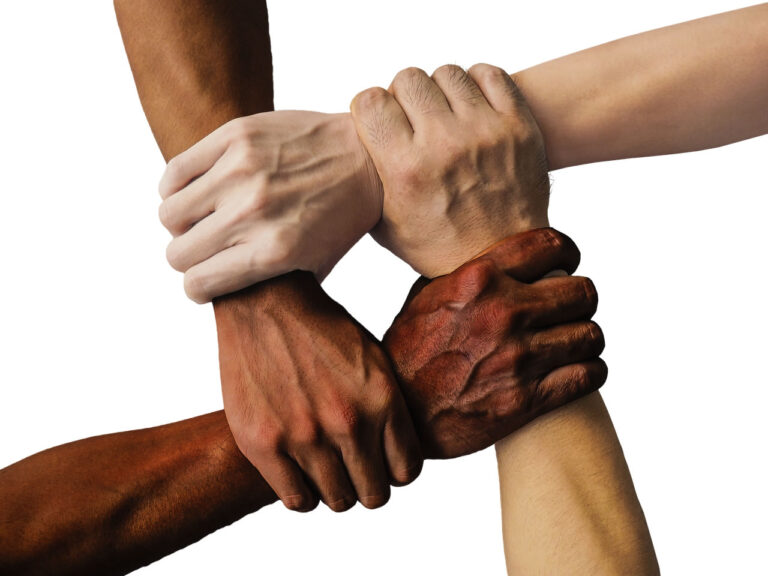Playing the Race Card
by Snéha Khilay
Media, political campaigns and organisations have been outraged by the concept of ‘playing the race card’, while the general public has reacted to it with exasperation, disbelief, or sheer indifference.
What does it mean, ‘playing the race card’? Figuratively, the reference is made to the power of play in card games in which a trump card may be used to gain an advantage. Wikipedia defines it as’ an idiomatic phrase referring to an allegation raised against a person who has brought the issue of race or racism into a debate, perhaps to obfuscate the matter.’
The phrase can be linked to the following four broad contexts:
- Deliberately and falsely accusing another person of being racist in order to gain some form of advantage. For instance, a manager is aware of a staff member, from a minority ethnic background, of being consistently late. On broaching her about her timekeeping, the staff members responds with the comment -‘you are only picking on me because of my race.’
- Managers getting into the danger of overcompensating for inappropriate behaviour or poor performance, giving more leeway to the individual concerned just in case the staff member brings out the ‘race card’. Fear of being labelled ‘racist’ has become so abhorrent that managers are under tremendous pressure to promote inclusivity. Managers also feel anxious that if they are accused of being racist, others might actually believe this to be true.
- It is used as a tool to exploit prejudice against another race for political or some other disadvantage. This is playing to racist fears. For example, when political campaigners in US ran an advertisement, intended as a criticism of the idea of fulfilling racial quotas, that showed a black man taking a white man’s job, the general public interpreted this as playing to racists fears amongst white voters.
- The phrase has become a rhetorical devise, used simply to devalue and minimise genuine claims of racism.
Fundamentally the overarching question in any situation where the race card is allegedly being played is ‘did racism actually occur?’ Policies, procedures and changes in legislation have become effective protective measures against spurious or unreasonable claims or assertions. In that sense the policies are an attempt to put into place a set of requirements about appropriate behaviour and standards. If people with different cultural and historical perspectives are working together, every employee – from front line workers to CEO – should have the ability to reflect on their actions and behaviour to ensure that everyone they interact with is treated fairly and equally.
Whatever the performance or the wrong doing of the individual concerned, any assertion of racism must be taken seriously and a decision made on evidence, not just hearsay.
Playing the race card:
Outrage: No
Analysis and reflection of the circumstances: Yes.
Sometimes it works, sometimes it doesn’t, but it’s always worth a try…unless, of course, you have sufficient dignity, honesty and integrity to resist the impulse…
If you would like more details or to have a chat about how we can help your organisations please get in touch at hello@bluetulipconsultancy.com or visit www.bluetulipconsultancy.com
Snéha Khilay
Managing Director
Inspired by the famous Gandhi quote, “be the change you want to see in the world”,






